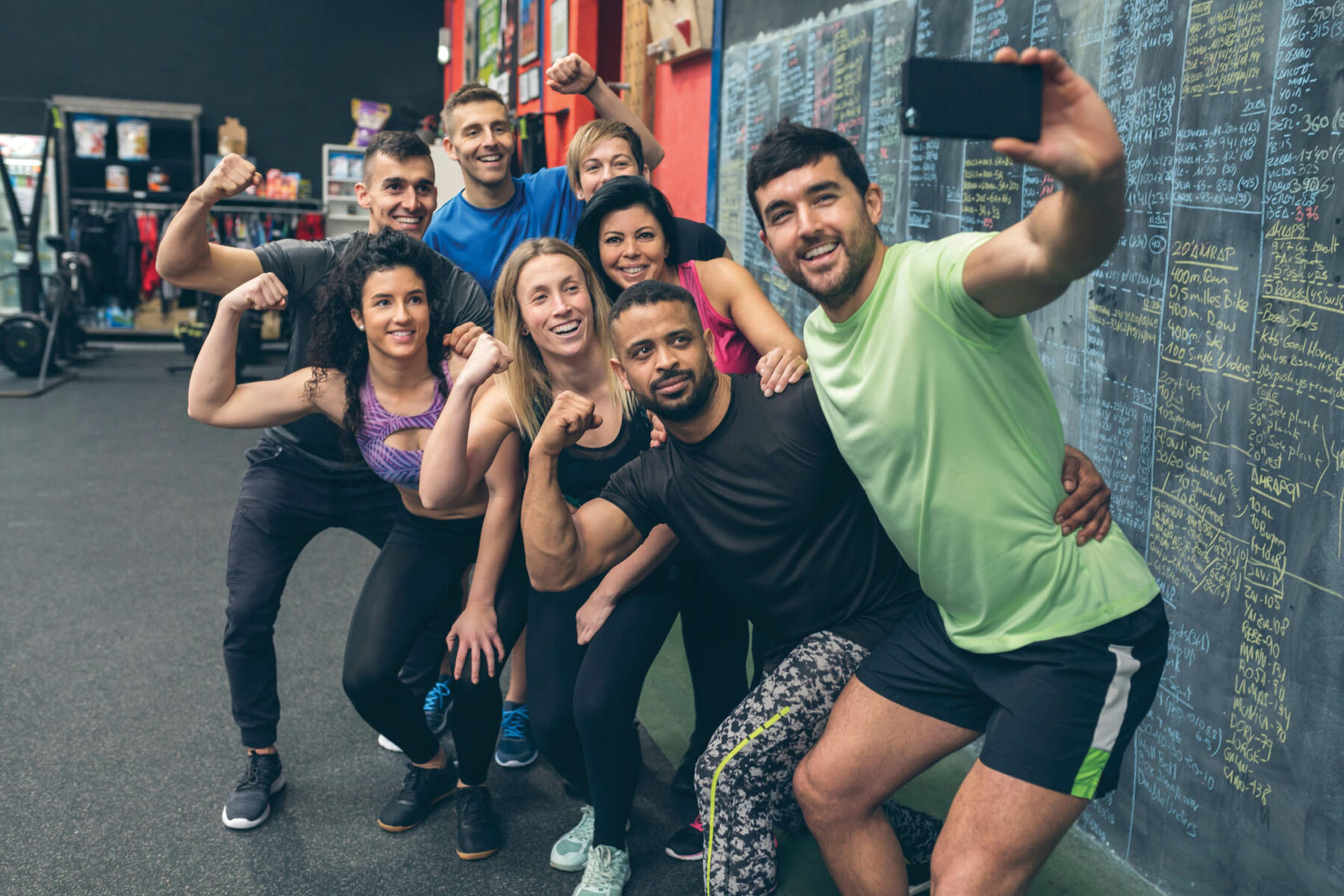A Deep Dive Into Social Media Fitness Challenges

Fitness challenges on social media can entice you with promises to get fit fast. The odds of you scrolling through your feed and seeing one are high, so you might wonder what the hype is about. Here’s why people buy into them and their benefits and drawbacks. As with most fitness-related trends, there are many things to consider before taking part.
What Are Social Media Fitness Challenges?
Social media fitness challenges typically present a consistent theme to people scrolling through their news feed. They appear in advertisements to persuade you to join the fun and get active. These challenges offer workouts you can perform and then post content to your social platform with the provided hashtag.
The fitness challenges are set up in advance with varying distances, numbers and poses for each day, depending on the theme. Common ones include yoga, pushups and running. Some other fitness challenge ideas include squats, pullups, holiday challenges, core strength and flexibility.
Fitness Challenge Benefits
There are many benefits to social media challenges. They can motivate you to work out and hold yourself accountable. They also can increase your engagement by providing a sense of community with like-minded people that could be potential friends or followers. The anticipation of posting photos proving you’ve completed the challenge and seeing other participants’ pictures can inspire you to continue your fitness journey.

Fitness challenges are convenient since you can do them anywhere and tailor them to decrease the risk of overuse injuries you may have. They also provide structure with end dates and goals that help maintain your motivation. They can help you identify where you are in your fitness journey and reveal your objectives and areas where you want to improve.
Being a part of fitness challenges can encourage you to eat healthier and improve your overall health. Seeing others participate can prompt you to pursue your health and fitness goals. Social media challenges can be an excellent resource for those looking to get back into working out or push themselves to break away from their routine.
Completing a challenge can give participants a sense of accomplishment and encourage them to continue being physically active. Some social media challenges also offer prizes and rewards.
Drawbacks of Fitness Challenges
The drawbacks of participating in fitness challenges are plentiful as well. Comparison is generally not a helpful source of motivation as it can decrease your perception of self-worth and stifle your progress. Fitness challenges can minimize your personal accomplishments and take away from your self-growth.

You have to know where you are in your fitness journey and not let other people affect your idea of where you want to be. Everyone is different, and comparing yourself to others isn’t ideal if it discourages you from reaching your goals. You can get easily wrapped up in keeping up with trends that you can lose track of your targets.
Some fitness challenges promote unrealistic goals by showing pictures of models seeking to persuade you to participate. This can lead to body image issues — young people especially are susceptible to what they see online. Fitness challenges can encourage unsafe detoxes and bizarre diets that can lead to eating disorders, body dysmorphia and even depression.
Social media challenges can also be dangerous if you aren’t experienced in the activity. If you try to copy something without the research or time to master the skill, you’re playing with fire and will likely injure yourself. Generating content isn’t worth getting hurt or losing track of your long-term goals.
Social Media Fitness Challenges
Ultimately, social media fitness challenges can benefit participants looking for something to keep them influenced and on task. They can be just the push some people need to get in shape. However, they can also dampen your success if comparison is driving you. In that case, there’s nothing wrong with bowing out.
It doesn’t hurt to try something new — no one has to know if you start a challenge and don’t complete it. Consider trying one without posting to see if social media fitness challenges are right for you. Then, you can decide if you’ll benefit from them or if it’s a trend you should scroll past on your social media feeds.
About the Author

Mia Barnes is a health and wellness writer and editor-in-chief at Body + Mind. She specifically enjoys writing about women’s fitness, as well as mental health-related topics. When she’s not writing, Barnes can usually be found reading poetry, taking a dance or cardio class, or hiking.






